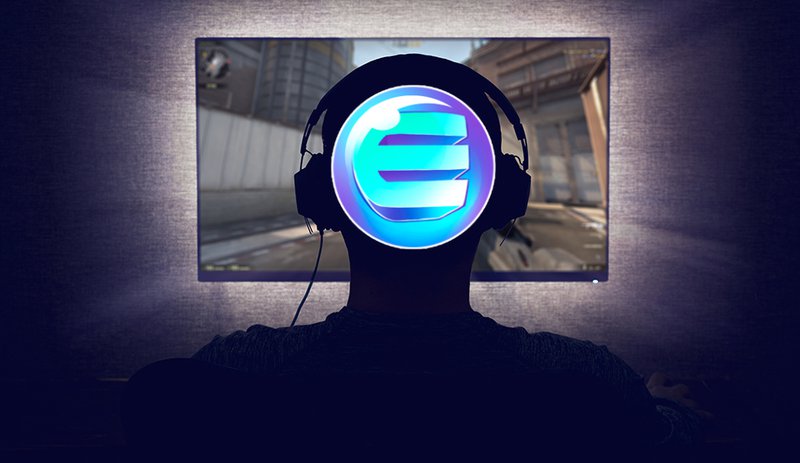2021-11-7 17:44 |
Oracles, according to Cryptopedia, are protocols for smart contracts in the blockchain industry to interact with external data. Smart contracts are essentially computer programs that run within a blockchain and automate a set of transactions when certain conditions are met. Thus, smart contracts contribute to the complete decentralization of the blockchain industry by allowing transactions to take place automatically and without the intervention of a third party.
As appealing as the concept of blockchain as a self-contained, permissionless, and trustless system is, it would have no real-world applications if there was no way to use external, off-chain data, which is where oracles come into play.
According to a recent report, the blockchain industry has over 77 million active users, demonstrating the constant innovation in the space, even though it is only a decade old.
Because oracles connect the blockchain world to the outside world, there is a need to keep up with the blockchain industry’s constant innovation. However, oracles have struggled with centralized control, as some protocols are controlled by a single entity and serve as the sole source of data for smart contracts. If blockchain technology is to achieve its primary goal of decentralization, oracle networks must also be decentralized to provide smart contracts with an increased level of security and transparency.
The Importance Of Decentralized Protocols Like QEDOne of the significant issues with introducing oracles to the blockchain is that it contradicts the ethos of blockchain technology, which is trustlessness. One way to address this is to ensure that oracles connected to the blockchain are decentralized and not governed by a single entity.
QED is a decentralized oracle protocol with a robust economic model that connects blockchains, smart contract platforms, and off-chain data resources. QED is a decentralized oracle that aims to achieve trustlessness by distributing data points among multiple entities and modeling the blockchain network.
DelphiOracle, QED’s base software, is the most widely used protocol on WAX.io, the world’s most trusted blockchain ecosystem for NFTs, dApps, and video games. For more than four years, the Delphi oracle has served as a multi-party source of truth, providing smart contracts with real-time prices for asset pairings on the various blockchain networks. DelphiOracle has already proven itself in the blockchain industry, and QED is built on it. The purpose of introducing QED is to solve problems inherent in existing models of oracles and blockchain systems.
Economic Model Of QEDThe economic model of QED distinguishes it from existing Oracle protocols because it focuses on both the technological and commercial sides, which are both important when it comes to delivering and aggregating real-world data for smart contracts. The following are some of the characteristics of the QED economic model:
Recourse: QED is customer-centric because it protects users by providing a recourse mechanism. Clients would eventually be able to use the external collateral provided by QED to process loss restitution that may have occurred due to systemic risks. Accuracy: To maximize real-time accuracy, automated systematic and reliability scoring is implemented to phase out poor-performing articles by increasing allocation to more capital-efficient oracles. Decentralization: QED used distributed ledger technology as a mode of operation, promoting decentralization and eliminating the lingering issue of centralization in Oracle protocols. The native token “$QED” also serves as an economic constraint for QED. Final ThoughtsQED is a breath of fresh air for Oracle protocols. It aspires to lead the next generation of Oracle protocols that provide services to smart contracts in a fully decentralized, transparent, and open manner. To make the most of its innovative economic model, QED intends to integrate with public blockchains. Furthermore, to promote scalability and interoperability, the QED protocol is also powered by the UX network. QED’s economic model was implemented to address issues with the commercial viability of existing Oracle protocols, and it would as a model for the next generation of Oracle protocols shortly.
origin »
Bitcoin price in Telegram @btc_price_every_hour
High Performance Blockchain (HPB) на Currencies.ru
|
|









